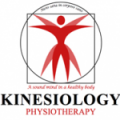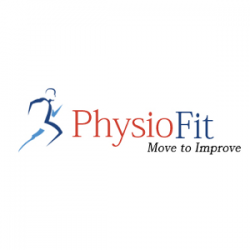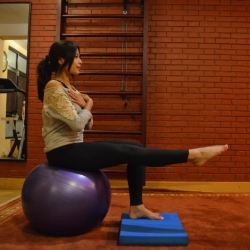Every problem needs a different approach. Together with the patient we not only investigate the diagnosis but also search for the root of the problem. Treating the symptoms can help alleviate pain and regain function but to avoid the problem coming back long term it is equally essential to treat the cause.
‘Evidence Based Medicine’ (EBM) is “the conscientious, explicit and judicious use of current best evidence in making decisions about the care of individual patients”. EBM allows us to base the choice of our assessment and treatment methods on scientific research. A Masters degree in physiotherapy means we have a thorough scientific and academic background allowing us to incorporate EBM in every aspect of our treatment.
At Kinesiology Physiotherapy we not only focus on the problem at hand but also on the physical, psychological and social impact it has on the person. Every person needs to be approached individually as per the International Classification of Functioning, Disability and Health (ICF) model of the World Health Organisation (WHO). The different aspects of the ICF model demonstrate how two patients with the same exact disorder can have very differing impacts in their lives, with different limitations and restriction. Our physiotherapists assess each patient individually with the effect of the pathology to the patient’s life as important as the pathology itself.
Each one of us can have different goals for our rehabilitation. Our physiotherapists take into account the patient’s individual needs and wishes when setting rehabilitation goals. The patient has an active role in his/her rehabilitation and is the most important figure towards realizing their goals. In order for patients to be able to take an active interest in their rehabilitation we believe that they need to understand the problem and the effect of the treatment. By offering basic explanation about the disorder and body mechanics (kinesiology) patients get a better insight to their condition. This has a positive effect on the therapy and follow up. With the aid of anatomical models and charts we attempt to educate and provide information to patients about the “what?” and “why?” of their condition and treatment. Our physiotherapists are always more than happy to answer any of your questions.
Kinesiology
Kinesiology stands for the scientific study of movement of the human body or its parts. A movement is made possible by a series of well-coordinated events and has a purpose. Movement is not merely a single muscle contraction but a complex balance between agonists, antagonists and synergists. It is dosed, timed and can be repeated. It can be stimulated or inhibited by our reflexes. Our brain sends out a signal passing through our neurological network to our muscles commanding an action. The brain in turn is influenced by our cognition and emotions. It reacts to our surrounding and has the ability to change it.
Any malfunction in the chain of events leads to altered movement patterns that cause pain and disability. Therefore a firm foundation of kinesiology is required to evaluate and treat movement disorders effectively.











